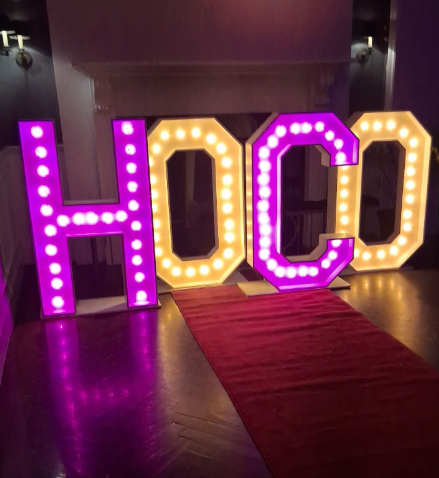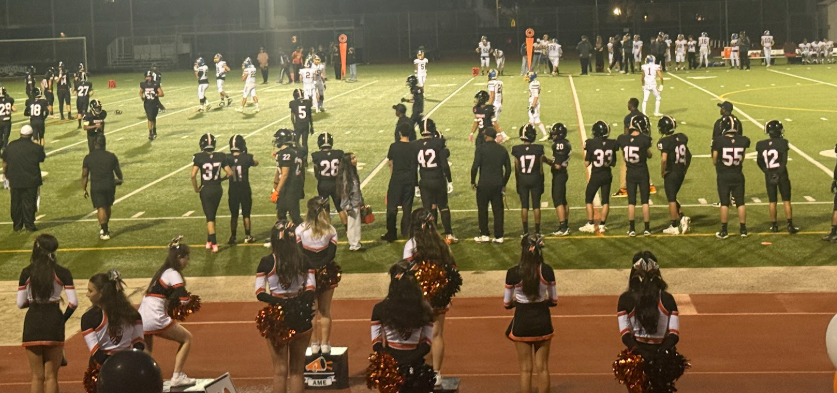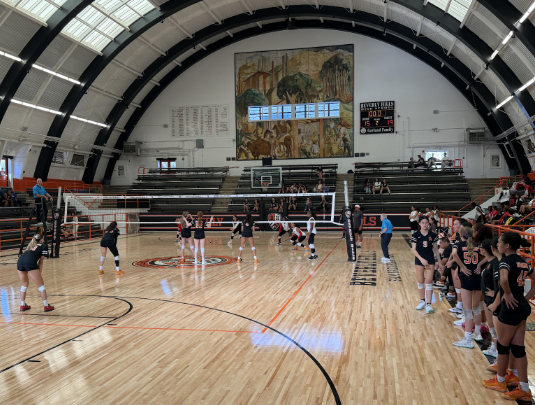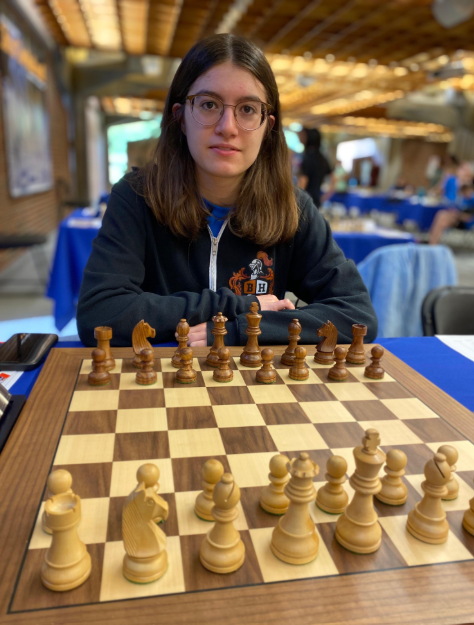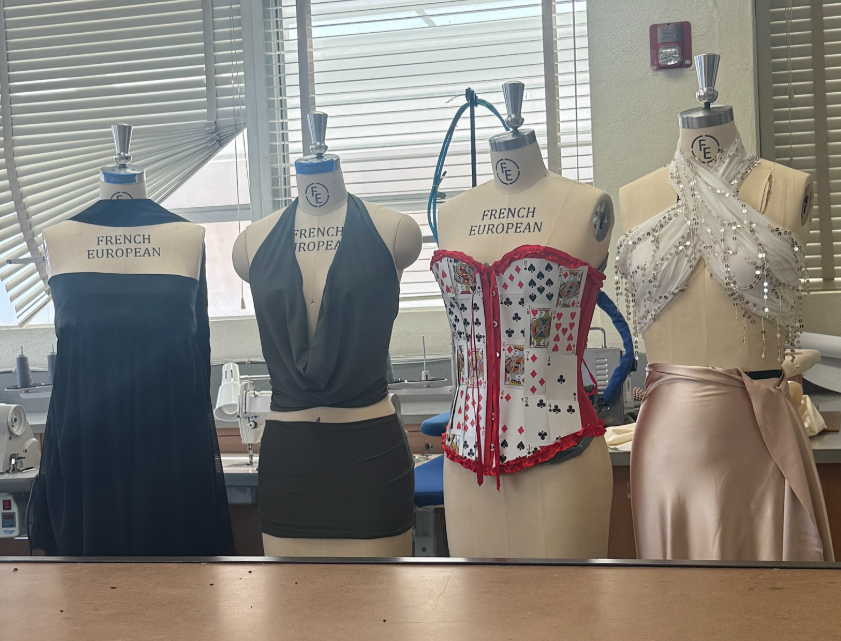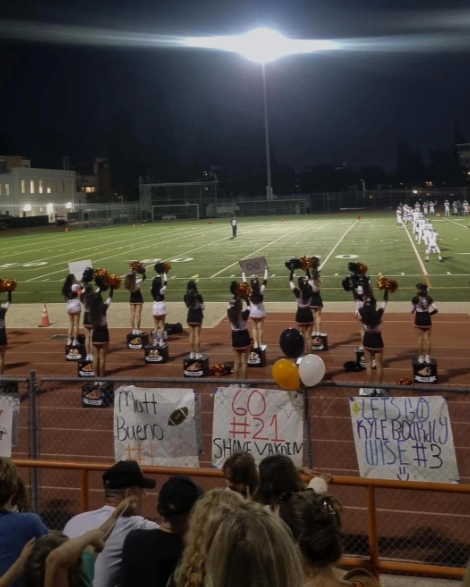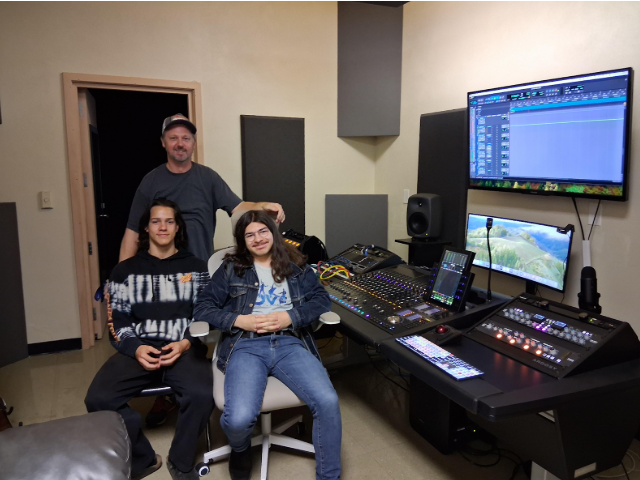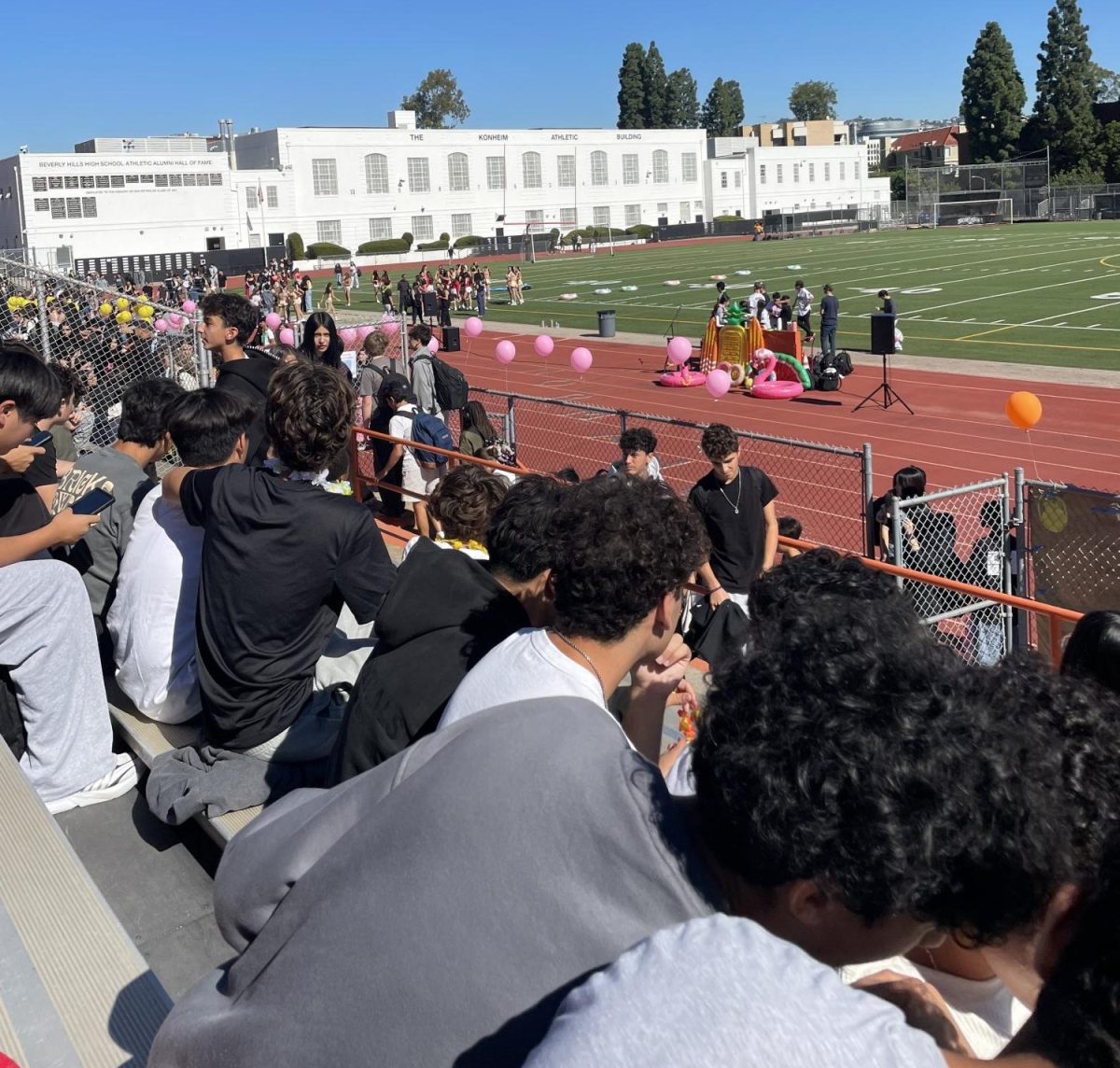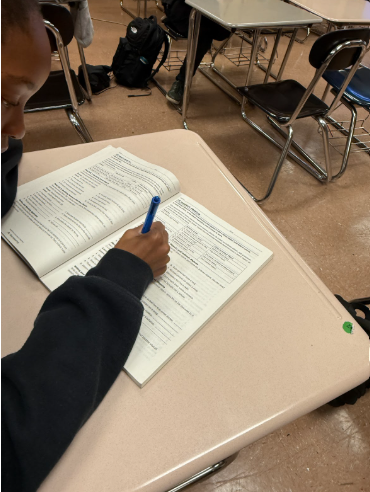Defne Onal staff member
Following a year of Zoom fatigue, virtual friend meetings, and a life confined to screens, “The Circle” should have been traumatizing to watch. Even still, it proves to be a fascinating show.
The U.S. version premiered on January 2020, but season two was released on April 14, a year into the pandemic. Based on an original British format, each contestant is locked into their apartment and can only communicate virtually through a platform called the “Circle,” which allows them private messages, a news feed, and icebreaker games.
As dystopian as it sounds, there is a relatable twist since contestants spend most of their time talking to themselves to figure out how they will interact with their fellow contestants. Watching contestants walk around their apartments reciting their texts (e.g., “Circle, message: hey girl, dance emoji, how are you holding up? Hashtag ‘we’re all in this together’”) which gets picked up by the Circle’s various mics and cameras, is heavily disturbing and fascinating.
At sporadic times, the contestants have to rank each other, and the top two “influencers” dictate who to send home. In a nutshell, it’s a popularity contest that somehow is more meaningful than your regular teen show.
People have the choice to play themselves, or “catfish,” i.e., play as someone else they think has a chance to be popular, which is a large part of why the show is so captivating. A cliché that people tell children growing up is that the internet allows people to hide their identities, with the connotation that if someone is pretending to be something they’re not, their objective must be purely malicious. “The Circle” does away with that stereotype. “The Circle” embraces the concept of being fake on the internet as something people do to fit in and have friends. Frequently, contestants fake their way through icebreakers and group chats; season two contestant Savannah is seen typing phrases such as “LOL” with a completely blank expression. Hilariously, contestant “Emily”- a male player named Jack, whose entire strategy is playing a cute sorority girl- repeatedly hides his sarcastic comments in favor of saying nice, nurturing things. One way or another, “Circle” contestants have to utilize a clever strategy that will fend off any “snakes” (backstabbing) that will cost them the $100,000 prize at the end of the contest.
In contrast, the show also explores the topic of how virtual anonymity can be freeing. Without the obstructions imposed on them by society’s expectations, “catfishers” can explore the feeling of being somebody else; and their reasons are usually made clear to the audience. One of the most overlooked moments in the show is when Lee, a 58-year-old gay man, ended up playing a 24-year-old version of himself who could be openly gay.
The most significant appeal of “The Circle” is precisely this: in an era where authenticity is public currency, the show embraces a mix of strategy and genuineness- the root of which might be inauthenticity. However, “The Circle” can’t fake the connection between players. During a period where social media and virtual reality reign, people should seek relationships that matter-not pure authenticity.

